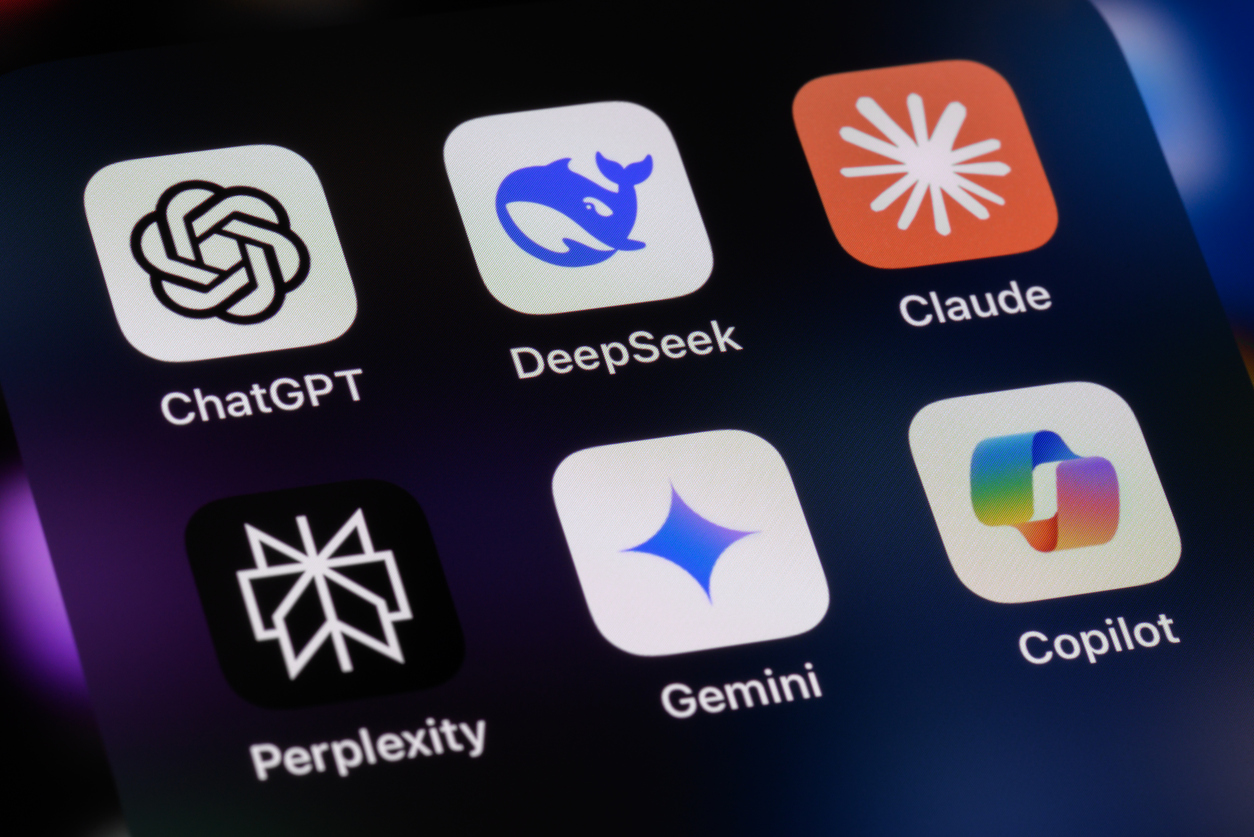Thursday 6 March 2025
What do you remember from your school days? The maths problems? A favourite teacher? The sports teams? Perhaps you were in the school play, or maybe your senior ball was a final highlight. Negotiating relationships would definitely have taken place during this time, and certainly you will remember the friends you made.

With much talk of AI playing an increasing part of our lives, it is inevitable that Education will be one of its targets. Concerns are already being raised. Some university students have expressed doubts about AI tutors in certain courses; the worries include inaccuracy, learning quality and the fact that their interaction with human tuition will be reduced. Anxiety about the quality of instruction is arguable, but the fact is that there will be reduced human-to-human interaction is not. Students perceive the implementation of AI to be a depletion of their whole educational experience.
What is the function of education and in particular, what are the functions of schools: ECU, Primary, Secondary and even Tertiary? It has been proposed that schools in the broadest sense are places of human development leading to the betterment of the individual and society. The contention of this statement is that schools are social institutions - meaning that social relationships are at the foundation of learning and are integral to personal development. It seems like an obvious thing to say, but it is a concept that may be under threat in a world where distance learning, pandemic isolation, online classes and AI instruction are threatening face-to-face, real human interaction.
Humankind has evolved to be interactive. When John Donne stated that “No man (person) is an island” he was stating this very thing, highlighting that our biological needs require us to be present in the presence of others. Nathan Wallis speaks of the importance of the first 1000 days - the vital time when babies and parents connect - in close proximity. This is vital for a baby’s brain development, and the building of relational bonds. The baby’s life depends on it.
Neuroscience has revealed that mirror neurons impact our ability to grasp new skills, acquire knowledge, and form strong emotional connections with those around us. This does not stop at the end of babyhood. As teachers, we know that even with older children, the sort of relationship a student has with their teacher will affect the quality of their learning.
It is a mistake to suggest that AI or online learning could adequately replace traditional schooling. It’s the social classroom, the fondly remembered sports team, the choir, the school play or the school ball that make us who we are. The place where those important childhood relationships were formed and consolidated was very likely a school. In fact, many schools have interpersonal skills as an explicit part of their various curriculum subjects.
Even if you went to school just to eat your lunch, it’s most likely you were doing this in the company of others. And so it is with teaching and learning - it too is best undertaken in the company of others. It is the social element of schooling that gives the students the skills they need for the future: negotiating who goes first, how to compromise, how to win or lose well - and the vital disposition of humility. The people you have around you moderate your behaviour but also notice you, engage with you, motivate you, and help you to handle any failures. Simply having others around to help you know yourself more moderately is at the heart of the soft skills we all need to get along in life.
Well, it seems that the future has arrived. AI and online work meetings are already embedded in many workplaces; water-cooler conversations are in decline. There are definite advantages to working from home: practical, financial and maybe increased productivity. But it would be a shame if our human development and human experience were diminished by the very technology designed to make human connection easier.
Time will tell - let’s wait and see what the children of Gen Y Millennials remember about their school days!
Grant McKibbin - Teacher i/c Mentoring

